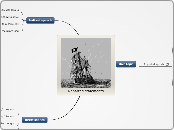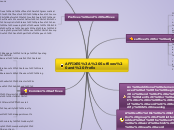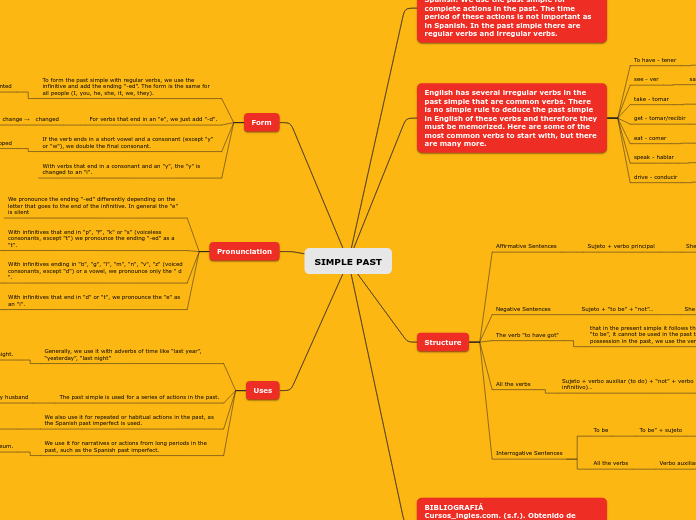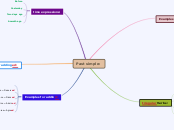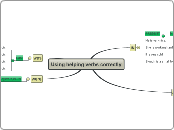Reported statements
Direct speech
"I will survive," she sang
"This is really dangerous," he thought
“I'll be the pirate king," he said
“Do a barrel roll,” they said
Indirect speech
He said that he’ll be the pirate king
They told him to do a barrel roll
She sang that she will survive
He thought that that was really dangerous
Main topic
Reported speech
Reported speech is typically introduced by verbs such as tell, say, explain, reply, think, hope and so forth, in the past tense.
- He said (that) he didn't want to do a barrel roll.
- They explained that they had worked on perfecting that technique.
If these verbs are in the past tense, we have to change the following:
a) verb tenses and verb forms,
b) pronouns,
c) the adverbs of time and place.
Pronouns
Uses of a noun instead of a pronoun
Sometimes it is best to use a noun instead of a pronoun, as the new sentence might sound somewhat confusing if that isn’t done.
"He killed them," the murderer said. - The murderer said that the man had killed them.
If we only make mechanical changes (the murderer said he had killed them), the new sentence can have a different meaning - The murderer himself killed them. (which he did , but he’s trying to blame the other person)
Uses of the pronouns in order to preserve the same meaning of a sentence
We have to change the pronouns in order to preserve the same meaning of a sentence.
"We are the best of the best," he said. - He said they were the best of the best.
"They called us," he said. - He said they had called them.
"I like your Aston Martin," she said. - She said (that) she liked my Aston Martin.
"I can lend you my nuclear bomb," he said. - He said he could lend me his nuclear bomb.
Time and place
Let's suppose that we talked to our friend Rebecca on Friday. And she said: "good guy Greg came yesterday." It means that good guy Greg came on Thursday. If we report Rebecca's sentence on Sunday, we have to do the following: Rebecca: "Greg came yesterday." - Rebecca said that good guy Greg had come the day before. If we say: Rebecca said Greg had come yesterday, it is not correct, because it means that he came on Saturday.
The time expressions change as follows. today - that day, tomorrow - the next day/the following day, the day after tomorrow - in two days' time, yesterday - the day before, the day before yesterday - two days before, next week/month - the following week/month, last week/month - the previous week/month, a year ago - a year before/the previous year
Frodo: "We’ve been to Mordor a year ago." - Frodo said he had been to Mordor a year before
Sam: "She arrived last week." - Sam said she had arrived the previous week
Ace: "We will set sail tomorrow." - Ace said that we would set sail the next day
Verb tenses
Past changes to past perfect
Past changes to past perfect:
"He was thinking of selling a old ship," she said. - She said (that) he had been thinking of selling a old ship.
Will changes into the conditional
Will changes into the conditional:
"I will come on the helipad," he reminded me. - He reminded me that he would come on the helipad.
Present perfect changes to past perfect
Present perfect changes to past perfect:
"I have broken the contract," he admitted. - He admitted that he had broken the contract
Present tense changes to past tense
Present tense changes to past tense:
"I always loved you," she told me. - She told me (that) she always loved me.
